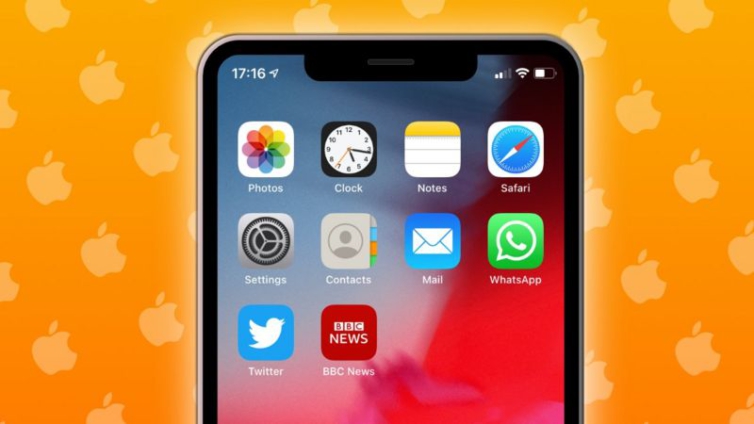Apple has delayed the implementation of new privacy measures designed to stop apps and websites tracking people online without their consent.
The changes also mean app will have to ask a user's permission to access the ad-tracking ID on an iPhone or iPad.
The measures were due to arrive in the latest iOS 14 update in the autumn.
But Apple said the changes were being delayed until the start of 2021 to give app developers and websites more time to adapt their services.
Facebook has warned that Apple's privacy plan could make one of its advertising tools "so ineffective on iOS 14 that it may not make sense to offer it on iOS 14".
The social network says it will no longer collect users' ad-tracking IDs on iOS 14, and that Apple's plan had forced it to make that decision.
What is Apple changing?
Apple devices including the iPhone, iPad and Apple TV box have a unique ID known as the "identifier for advertisers" (IDAF).
It can help apps monitor the effectiveness of an advertising campaign. For example, it can help determine whether somebody downloaded an app after seeing an ad.
Android has a similar tool known as the Android Advertising ID (AAID).
Apple already lets people switch off access to their IDAF on iOS.
However, once the change is implemented in 2021, it will be off by default and advertisers will have to ask permission to access it.
Apps will also have to ask permission to track what people do in apps and on websites owned by other companies.
Additionally, when iOS 14 is released in the autumn, apps will have to declare what data they collect and how they track people in Apple's App Store.
Another new security feature will highlight when an app accesses information on the user's clipboard.
What else is changing?
One of the biggest changes to the iPhone's iOS 14 operating system will be a shake-up of the home screen.
Apple is updating its "widgets" - blocks that display a stripped-down, small app window - so that they can be placed among the icons for other programs.
Read more: New features coming to iOS 14
It is also releasing a new app, called Translate, which carries out language translations offline, offering an alternative to Google Translate.
It will support 11 languages to begin with, including English, Mandarin, French, German, and Arabic.
For the first time, users will be able to set third-party email and web-browser apps as the default in iOS, rather than Apple's own software.
Latest Stories
-
WAEC arrests former headmaster over illegal students registration
1 min -
MeToo founder Tarana Burke defiant after Harvey Weinstein ruling
8 mins -
Be alert, insist on decent messages – Dwumfour tells media
35 mins -
Father jailed 10 years for burning daughter’s genitals with hot cutlasses
44 mins -
I aim to help Ghana produce world-class athletes – Asamoah Gyan
52 mins -
Ashanti Regional Minister alleges sabotage in electricity supply
56 mins -
2024 Elections: Dampare urges Ghanaians to prioritise patriotism and display maturity
1 hour -
‘Let it rot’ campaign hits fish prices in Egypt
1 hour -
Otumfuo chalks 25 years on Golden Stool today
1 hour -
Saudi could get first Miss Universe contestant this year
1 hour -
Ghana Shippers’ Authority initiates steps to sign Service Level Agreements with stakeholders
1 hour -
Fuse ODG supports rising artiste, Fred Kobby, with funds for music video
1 hour -
Mohbad’s toxicology result finally ready
2 hours -
Giggs releases ‘Hallelujah’ video featuring Lojay
2 hours -
Mustapha Ussif wins African Sports Minister of the Year Award.
2 hours

